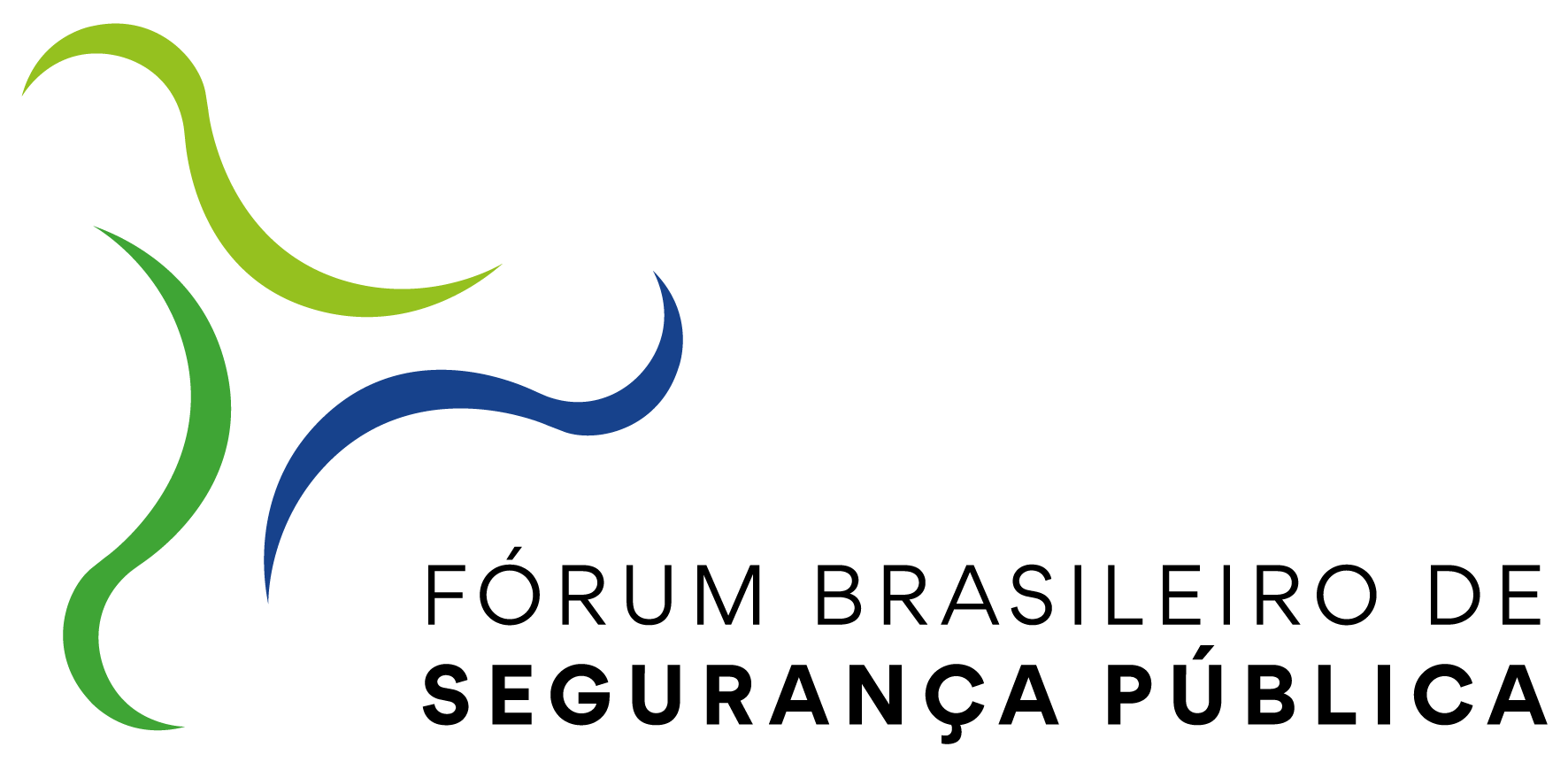Police performance:
Does training matter?
DOI:
https://doi.org/10.31060/rbsp.2009.v3.n1.39Keywords:
Police , Police Training, Police performance, Police approach , Systematic social observationAbstract
This study tests the impact of training on police performance, using a new measurement methodology. The results show a real measure of the fundamentals of police action operationalized in routine activities. The data were collected in a controlled experiment, which selected 24 military police officers from the city of São Paulo. The policemen were observed carrying out approaches, by means of systematic social observation, a non-participant direct observation technique. The sample gathered 199 police approaches, collected in two stages: July and August 2006 and February and March 2007. Before the second stage, 50% of the officers received 60 hours of training.
Downloads
References
CALDEIRA, T. P. R. Cidade de muros: crime, segregação e cidadania em São Paulo. Trad. de Frank de Oliveira e Henrique Monteiro. São Paulo: Ed. 34/Edusp, 2000.
CANO, I. The use of lethal force by police in Rio de Janeiro. Rio de Janeiro, Iser, 1997.
CARDIA, N. O medo da polícia e as graves violações dos direitos humanos. Revista Tempo Social, São Paulo, nº 9(1), p. 249-265, maio de 1997.
DADDS, V.; SCHEIDE, T. Police performance and activity measurement. Australian Institute of Criminology, 2000.
DRAKE, L. M.; SIMPER, R. The measurement police force eficiency: an assessment of U.K. home office policy. Contemporary Economic Policy, v. 23, n. 4, p. 465-482, 2005.
GOLDSTEIN, H. Policiando uma sociedade livre. Trad. Marcello Rollemberg. São Paulo: Edusp, 1976 (Série Polícia e Sociedade, 9).
LIPSKY, M. Street level bureaucracy: dilemmas of the individual in public services. New York: Russel Sage Foundation, 1980.
MESQUITA, P. Violência policial no Brasil: abordagem teórica e práticas de controle. In: PANDOLFI, D.; CARVALHO. J. M.; CARNEIRO. L. P.; GRYNSZPAN, M. Cidadania, justiça e violência. Rio de Janeiro, Fundação Getúlio Vargas, 1999.
MOORE, M. H.; BRAGA, A. The “bottom line” of policing:what citizens should value (and measure!) in police performance. United States of America, Police Executive Research Forum, 2003.
MOORE, M. H. Police performance measurement: a normative framework. Criminal Justice Ethnics, 2004.
PATTERSON, K. et al. As leis da influência: descubra o poder de mudar tudo. Tradução de Márcia Nascentes. Rio de Janeiro: Elsevier, 2008.
PINC, T. Abordagem policial: um encontro (des) concertante entre a polícia e o público. Revista Brasileira de Segurança Pública, ano 1, ed. 2., 2007.
PINHEIRO, P. S. et al. Violência fatal: conflitos policiais em SP (81-89). Revista da USP, São Paulo, n. 9, p. 95-112, 1991.
PROENÇA Jr., D. Conceitos, métricas e metodologia da avaliação do desempenho policial em operações especiais. Relatório de Pesquisa resultante do Concurso Nacional de Pesquisas Aplicadas em Segurança Pública e Justiça Criminal. Distrito Federal, 2006.
REISS, A. J. Systematic observation of natural phenomena, Sociological Methodology, v. 3, p. 3-33, 1971.
SAMPSON, R.; RAUDENBUSH, S. Systematic social observation of public spaces: a new look at disorder in urban neighborhoods. The American Journal of Sociology, v. 105, n. 3, p. 603-651, 1999.
WANG, X.; VARDALIS, J. J.; COHN, E. G. Testing a typology of police performance measures: an empirical study of police services. Criminal Justice Police Review. v. 11, n. 1, p. 63-83, 2000.
Downloads
Published
How to Cite
Issue
Section
License
Copyright (c) 2012 Revista Brasileira de Segurança Pública

This work is licensed under a Creative Commons Attribution 4.0 International License.
Licensing
The Brazilian Journal of Public Security uses the Creative Commons License as a form of licensing for its published works. The license used follows the CC BY 4.0 - Attribution 4.0 International model.
To see the permitted rights please go to the full licence or to our Copyright and Licensing page.



